Antonín Dvorák’s music expresses joy, especially in all the sentiments associated with home. Dvorák’s favorite workplace was the kitchen, amidst the domestic racket of his large family.
 Fleeing the congestion and mayhem of New York City in the early summer of 1893, Antonin Dvorák, along with his wife and six children, alighted from a train in the little Bohemian settlement of Spillville, Iowa. Perhaps by then his worldwide fame had spread even there, but this quiet town in the middle of nowhere was hardly preoccupied with celebrities.
Fleeing the congestion and mayhem of New York City in the early summer of 1893, Antonin Dvorák, along with his wife and six children, alighted from a train in the little Bohemian settlement of Spillville, Iowa. Perhaps by then his worldwide fame had spread even there, but this quiet town in the middle of nowhere was hardly preoccupied with celebrities.
Early in the morning of his first full day in Spillville, Dvorák visited the local Catholic church as parishioners gathered for morning Mass. He sat at the organ and played “O Lord before Thy Majesty,” a hymn well known to the Bohemian settlers who quickly joined in. Thereafter, he was a fixture, playing for the service at daily Mass throughout the two summers he was to spend vacationing from his temporary post as head of the new National Conservatory of Music in New York. He had found a home in America.
Antonin Dvorák was born in 1841 and grew up in a provincial village called Nelahozeves, the Czech equivalent of Spillville, Iowa. He was a peasant, the son of an innkeeper and butcher. He apprenticed as a butcher himself. His early music education came from the lively folk music of his village and simple church tunes. The school master taught him the violin and singing. Though he was to go on to study in Prague, he learned his real lessons elsewhere. In language that might make a sophisticate gag, this pious man explained that he “studied with the birds, flowers, trees, God, and myself.” This kind of simplicity, Dvorák responded as fully to the tragedies in his life as to directness, and naturalness marked the man and his music.
The general characteristics of Dvorák’s music could be taken from his own description of the features of Negro melodies that he recommended to Americans as the basis for a “great and noble school of music. They are pathetic, tender, passionate, melancholy, bold, merry [and] gay.” It is precisely this range of emotions that Dvorák expressed in his own works with a healthy exuberance and geniality that would have left Sigmund Freud scratching his head. Dvorák must have been the least neurotic composer of the Romantic era.
Music flowed from Dvorák. Probably not since Schubert had a composer been endowed with such a natural and abundant gift for melody, song, and dance. Dvorák had trouble stemming the flow. He was ruthless with himself in burning manuscripts of undeserving works. There remain nine symphonies—two of which were discovered and published posthumously—ten operas, thirty-six chamber works, assorted concerti, symphonic poems, oratoria, including the Stabat Mater, Requiem, and Te Deum, and sixty-eight songs, including ten with selected verses from the Book of Psalms.
Dvorák’s gifts were recognized by others for their “heavenly naturalness,” as one critic put it. The famous conductor Hans Richter called him “a composer by the grace of God.” Brahms opined: “I’d be delighted to think up a main theme as good as those that Dvorák has discarded.” Dvorák returned the solicitude, expressing his concern over Brahms’ lack of faith— “such a great man! such a great soul! And he believes in nothing.”
Dvorák’s music expresses joy, especially in all the sentiments associated with home. Dvorák’s favorite workplace was the kitchen, amidst the domestic racket of his large family. The distinction between sentiment and sentimentality can be a fine one in Dvorák’s work because of the emotional warmth with which he wrote. Occasionally he went overboard. Such trespasses are easily forgiven because they always err on the side of sweetness and are never banal.
Dvorák responded as fully to the tragedies in his life as to its joys. A man of deep faith, he often expressed his grief in religious works. When his daughter died in 1876, he turned to the famous text of the Stabat Mater. It became, during his life, his most famous choral work. The London performance at the Royal Albert Hall, with a chorus consisting of 800 voices conducted by Dvorák, created a sensation. The Stabat Mater reminds one how earnestly Dvorák wished to be a successful opera composer. Some of the vocal quartets and choruses are gloriously operatic.
Dvorak’s Works: Complete Chronological Catalogue (Spotify subscription required):
Republished with gracious permission from Crisis Magazine (November 1995).
The Imaginative Conservative applies the principle of appreciation to the discussion of culture and politics—we approach dialogue with magnanimity rather than with mere civility. Will you help us remain a refreshing oasis in the increasingly contentious arena of modern discourse? Please consider donating now.
The featured image of Antonín Dvořák in 1882 is in the public domain, courtesy of Wikimedia Commons.


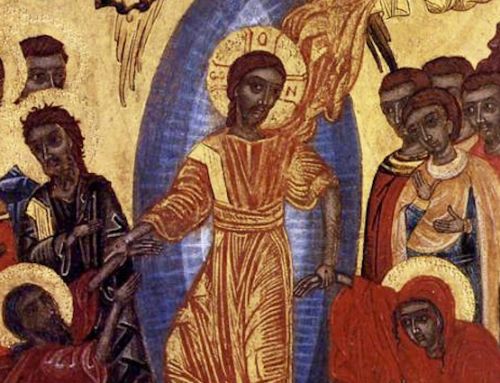
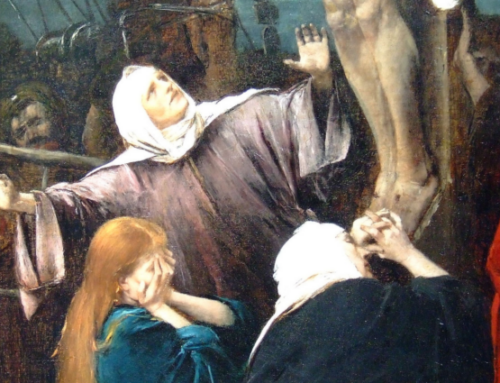
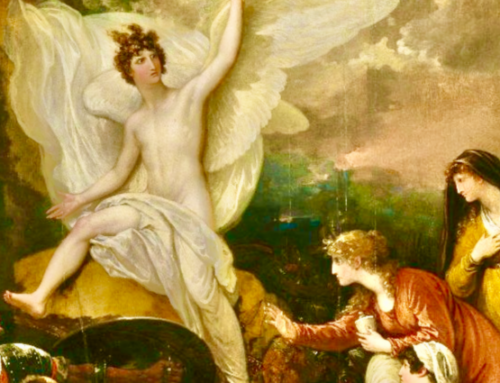
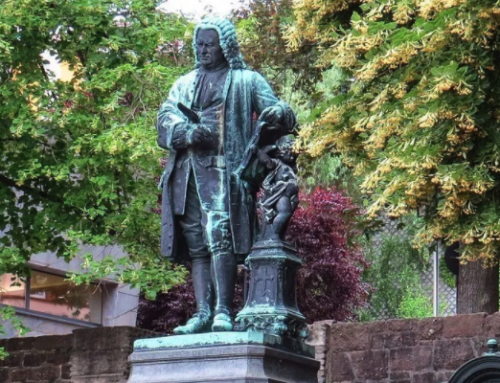
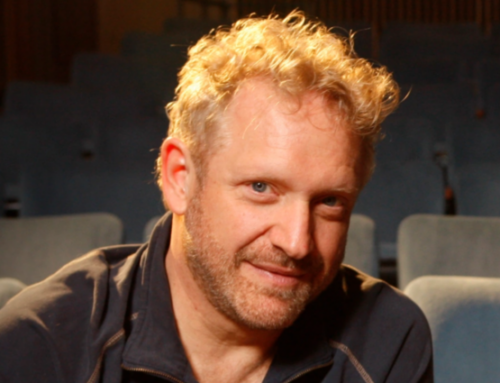
Delicious article, well written as is all music of Dvorák ! His music is amazing, always a great plesure to listen, from chamber, choral to symphonic music!